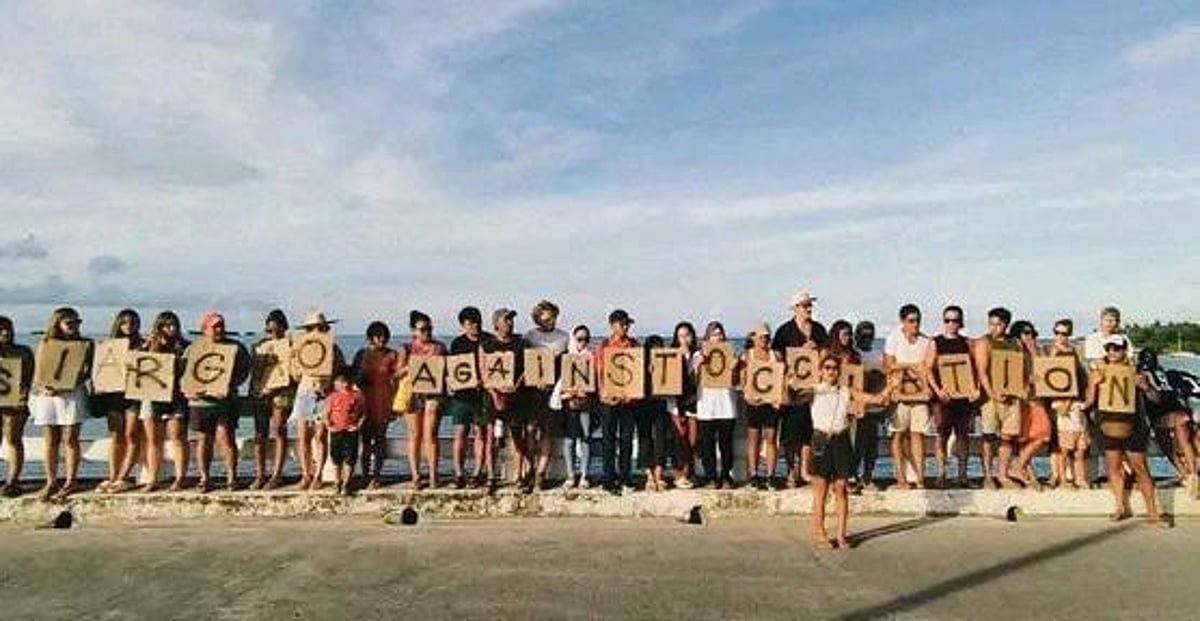No one had seen this coming. Not even the Don Quixotes amongst us.
Last week, on his official social media platform, US President Donald Trump announced, in somewhat spirited fashion, that he would issue an executive order to protect migrant farm workers and others in the hospitality and leisure industries from the US Immigration and Custom Enforcement’s (ICE) aggressive deportation crackdown.
Explaining his post, he acknowledged that ICE officers have exceeded their primary enforcement objective of going after migrants convicted of violent crimes, instead “taking very good, long time workers” away from “our great farmers” and hotel and leisure business owners, “with those jobs being almost impossible to replace.”
The announcement, surprisingly, was a complete turnaround from the administration’s ultra strict anti-immigration agenda and was directly antipodal to the “restrictionist” mindset of certain people at the White House.
A flicker of light on a mountain of darkness?
In a strange twist, however, another presidential post followed a few days later, shortly after a lackluster military parade in Washington, D.C., promising to ramp up immigration enforcements in Blue cities all over the country. News reports also surfaced that the original announcement was being recalled.
A glimmer of (false) hope in a valley of fear?
Per official statistics, about 42 percent of farm workers in the US between 2020 and 2022 didn’t have a valid immigration status. Comparatively, a slightly lower percentage may apply to workers in the hospitality and leisure industries.
To this group can be added those working in the healthcare industry, e.g., assisted living homes, nursing facilities, home health agencies, etc., in which a significant portion of the workforce also lacks legal authority to work.
The dam having broken, perhaps it is also wise to include those working in other service-oriented sectors such as carwashes, landscaping, roofing, housekeeping, hairdressing, valet parking, and other employment avoided like the plague by the average American workers.
Does the movie “A Day Without a Mexican” ring a bell?
For a Filipinized version of the satirical mockumentary, let us assume hypothetically that Filipinos, instead of Mexicans, vanished for a day from America.
While not as dramatic as the Mexicans’ evanescence, the following scenarios may be in play:
Sick, old, and convalescent people in hospitals, nursing and assisted living homes will change their own diapers, empty their own oozing bedpans, and clean their own bed sores. Doctors will lose their sidekicks/assistants and hokey joke audience.
Desperate housewives and diplomats in the nation’s capital will have to cook their own meals, change their dirty linens, do their stinky laundry, and babysit their own kids.
Temp staffing companies will have a busy day fielding calls from foreign embassies in Washington, D.C. The World Bank and the IMF will hijack the temps from the foreign embassies.
Students at some public schools will enjoy an unscheduled Teacher’s Day off.
Valet parking at Chima Steakhouse restaurants will disappear.
No Olivia Rodrigo hits will stream on Spotify.
No humongous balikbayan boxes will clog America’s airports. Jollibee will be staffed by amigos serving burritos.
California, Texas, and Hawaii will suffer from population diarrhea. Flagship Carwash and DoorDash will be toast.
Money remittance companies will declare bankruptcy. The smell of bagoong will vanish from the American air.
Lastly, a million MAGA members will be dropped from the rolls.











